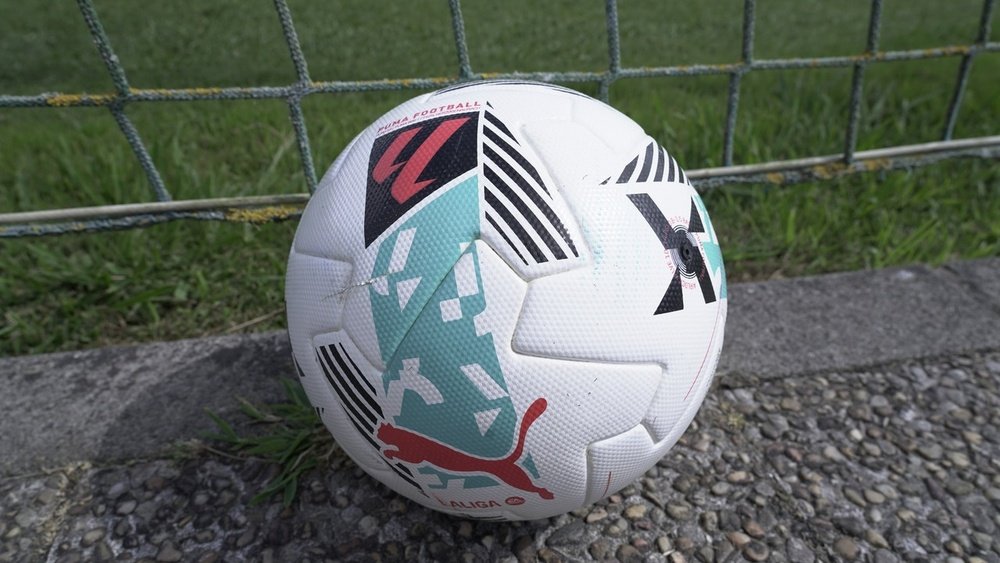Lassana Diarra’s fight with FIFA: a career nearly shattered by outdated transfer rules


From contract dispute to career limbo
The saga began in 2014, when Lokomotiv Moscow terminated Diarra’s contract amid a dispute over salary. FIFA ruled him liable for around €10.5 million and imposed a 15-month ban. Although Diarra had an offer from Belgian side Charleroi, it collapsed because FIFA’s regulations made both him and the would-be club legally and financially responsible, blocking FIFA from issuing the necessary transfer certificate.
A legal breakthrough
In October 2024, the Court of Justice of the European Union (CJEU) ruled in Diarra’s favor, finding FIFA’s rules incompatible with EU principles of freedom of movement and competition law. The court concluded that FIFA's prior regulations imposed unpredictable and excessive legal and sporting risks on players and clubs, effectively trapping athletes and stifling their ability to work.
What’s at stake for players' careers
1. Uncharted risks and delayed moves
Under the old system, players like Diarra faced indefinite delays to find a new club, especially after contract termination—even when new offers existed. Diarra, at the peak of his career, spent over a year sidelined. Even reputable clubs like Inter, Celtic, and others reportedly backed out due to the legal entanglements.
2. Unpredictable financial and sporting penalties
Players had no way to calculate end-game costs: compensation was loosely defined, often including factors like transfer fees between clubs, leading to arbitrary, steep financial liabilities. Clubs faced automatic joint liability, and sporting sanctions were handed down without case-by-case consideration.
3. Stalled careers, stifled potential
A generation of players may have been denied moves, opportunities, or contracts. FIFPRO estimates that the rules could have cost players up to 8% of their lifetime earnings, and many without Diarra’s means couldn’t legally challenge FIFA. Diarra himself stated that his fight was both personal and for those players without his resources.
The road ahead: trial and transformation
Diarra’s legal team—Dupont/Hissel—is pressing ahead in Belgium, expecting a ruling within 12 to 15 months. Meanwhile, a class-action suit, "Justice for Players", led by the same lawyers and backed by FIFPRO and other unions, could involve hundreds of thousands of players across Europe—potentially amid billions in damages.
Already, the ruling has set a new precedent. Players like Lucas Ribeiro have begun leveraging the decision to terminate contracts and move clubs without being held to ransom by old regulations.
Since legal risks for both clubs and players are now limited, increased transfer volumes might be seen in the future. According to Oliver Mertens from the Belgian sportsbetting website Mybookmakers.be, this might lead to new betting markets within transfer betting, leading to increased income for Belgian bookmakers. Where the reinvestment of that money will be allocated is according to Mertens very interesting to monitor, since marketing restrictions for bookmakers are extremely strict in Belgium.
Conclusion: a case that could rewrite transfer history
The Diarra case isn’t just about one man, it’s a possible catalyst for fundamental change. If players are no longer treated as property held hostage by obscure rules, and if compensation becomes fairer and more predictable, football’s transfer system may look very different. Diarra might just be remembered not for the clubs he played for, but for potentially changing how players move forever.